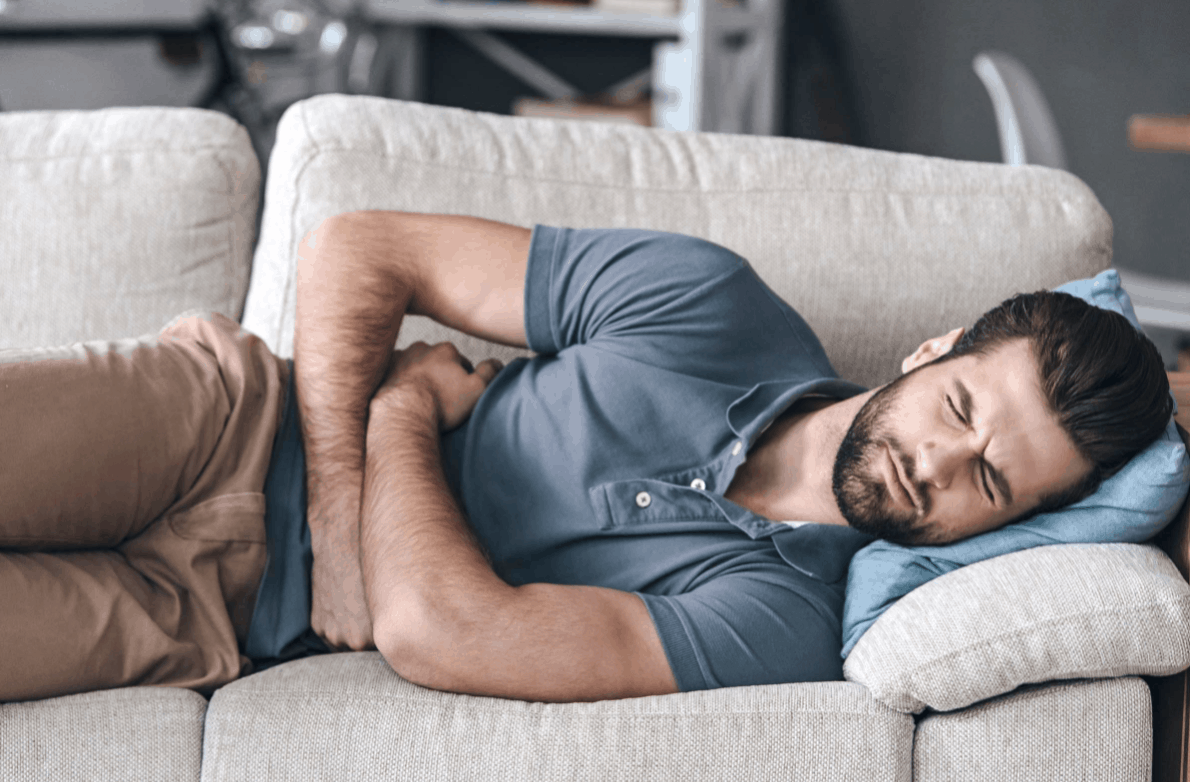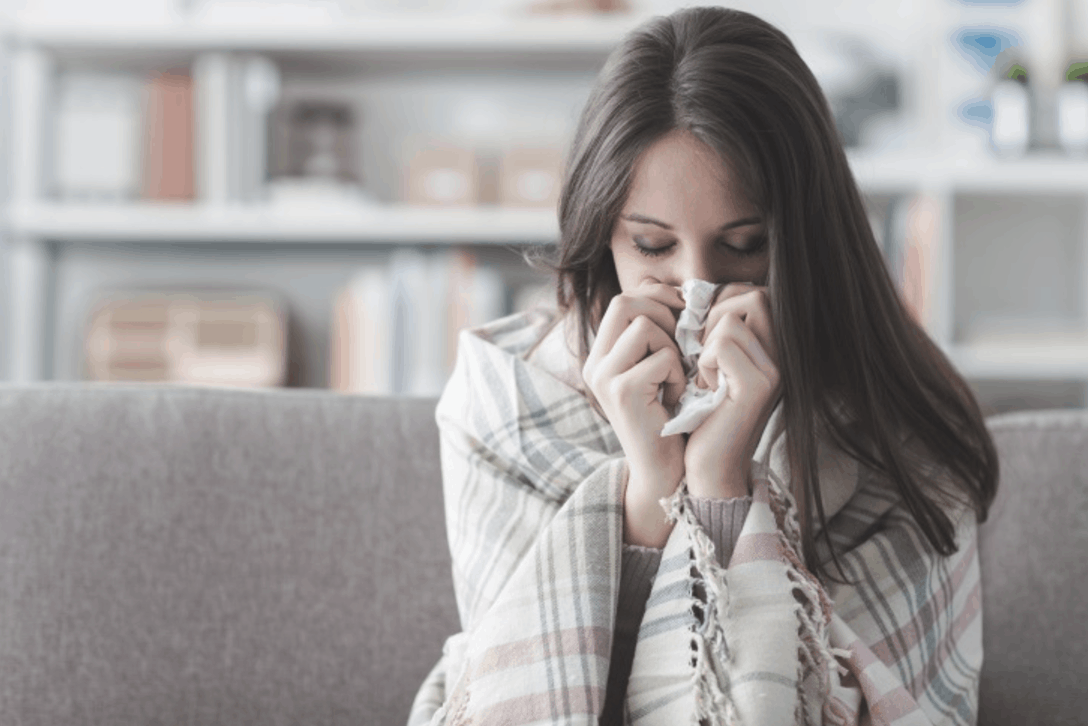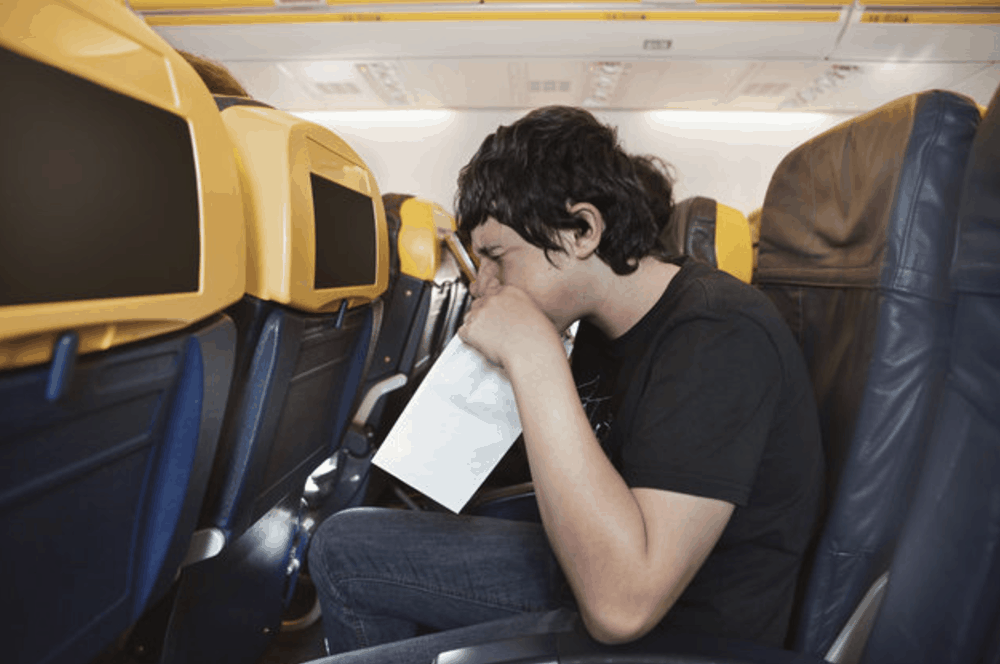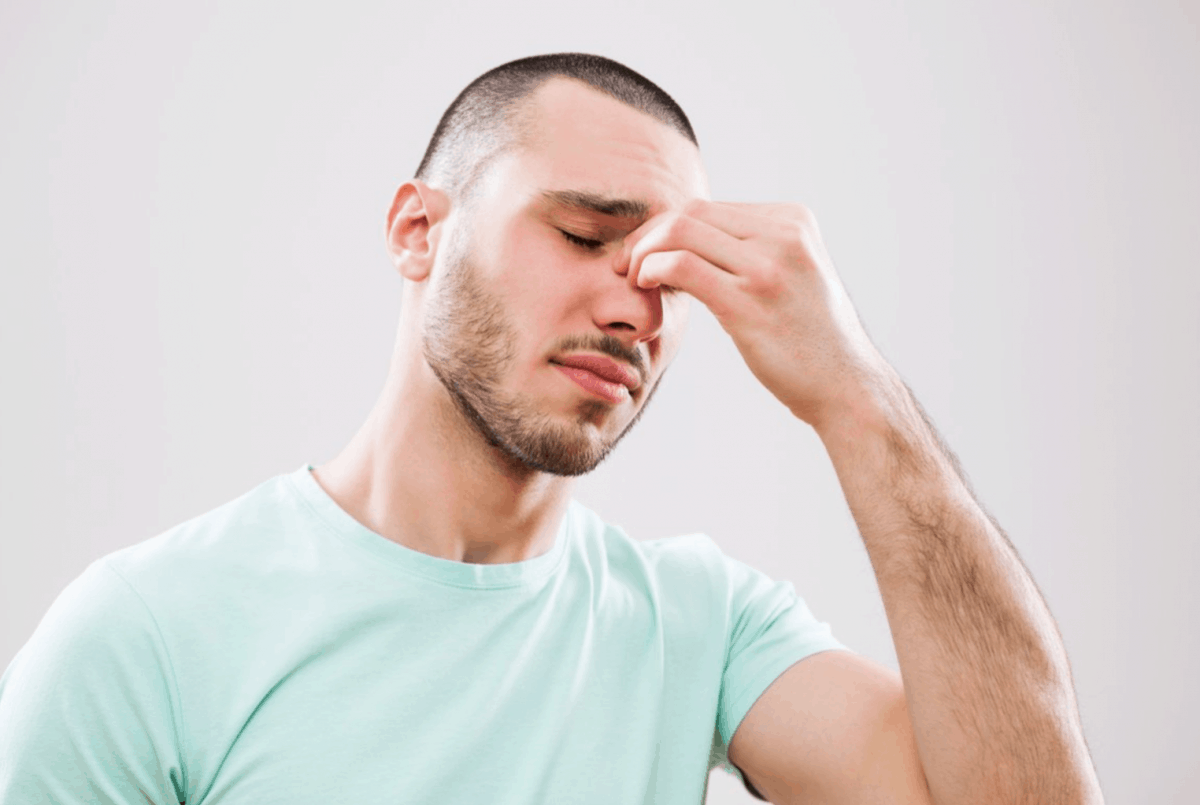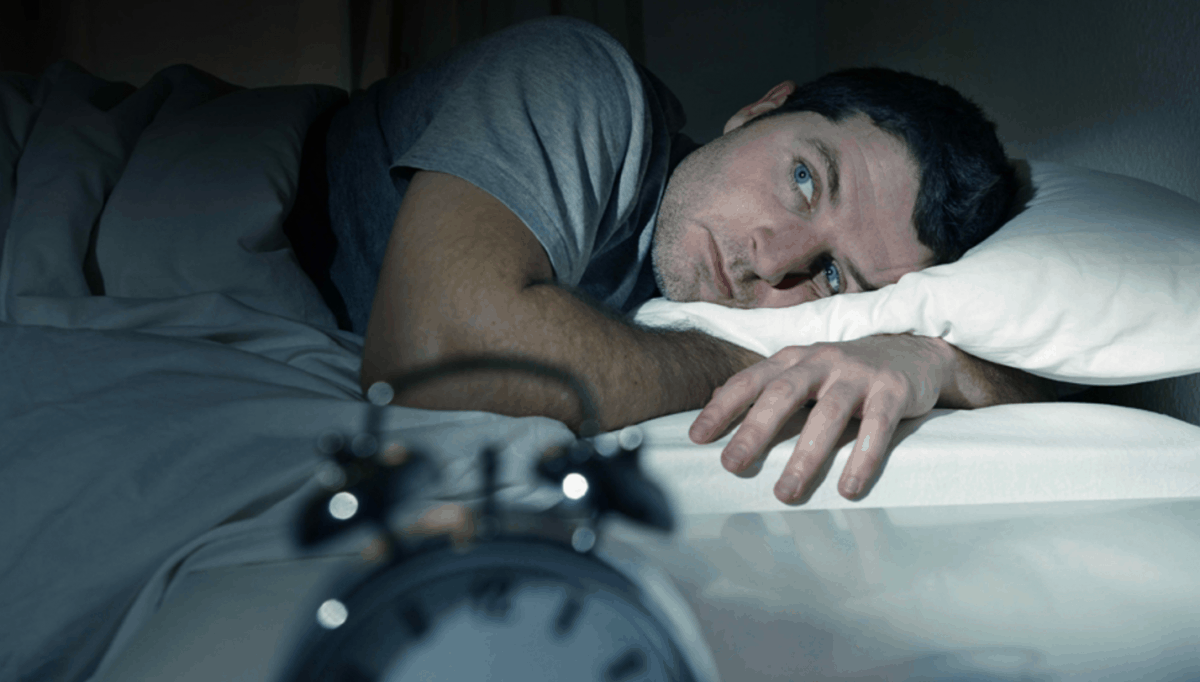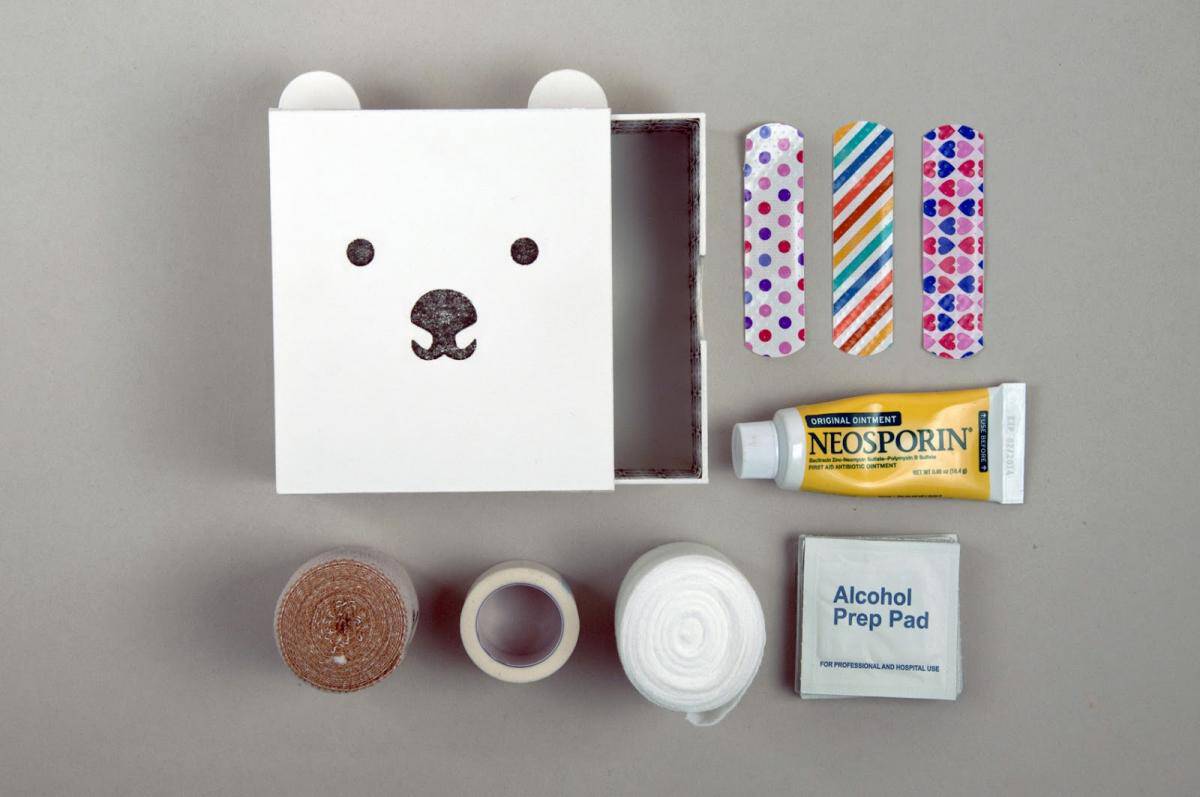Don’t we all hate falling sick on vacation?
There’s nothing like falling sick to put a downer and dampen a trip. Catching a bug or two is a part of life, and travelling can be especially stressful on the body since you are exposing yourself to a whole new range of environmental conditions and climate. Think unsanitary toilets, street food, and praying for solid bowel movements.
The saying goes that prevention is better than cure, but what happens if you catch do a bug on the road and you don’t want to miss out on the fun? From sensitive tummies and stomach upsets, the usual cold, cough and sore throat combo, to minor issues like cold and clammy hands, these health hacks will have you covered for your next holiday.
Tummy Troubles
Food poisoning can come in a myriad of ways – street food, unpeeled vegetables and fruits, undercooked meat, local tap water…and the list goes on. Sometimes it can be hard to avoid all these things altogether (I mean, how does one say no to street food?)
Throwing up and having diarrhoea while travelling is a universal nightmare. But there are some things you can take to ensure that you’re up and about in no time.
Ginger
Ginger has been used for centuries to treat a host of stomach issues. It has enzymes that encourage the release of gastric juices and it strengthens and detoxifies the digestive system. It can be used by itself or with other ingredients to relieve symptoms of diarrhoea.
1. Ginger Juice
Grate fresh ginger and squeeze out the juice. Consume a tablespoon twice each day.
2. Ginger Tea
Peel and slice fresh ginger thinly. Boil a cup of water, add in the ginger slices and simmer for about 10 minutes. Add some lime juice and honey for extra benefits. If you are unable to find fresh ginger, you can also buy powdered ginger or ginger tea bags from many stores.
3. Ginger With Salt And water
When you have an upset stomach, you need to get some sodium back into your system without overloading it. A good way to do this is to mix powdered ginger with water (make sure it’s bottled water) and add a pinch of sea salt to it. You can also add sea salt to freshly made ginger tea instead of lime juice and honey. Consume once or twice a day.
Activated Charcoal
Another way to cope with diarrhoea symptoms is charcoal tablets. I personally swear by them and never go anywhere without some charcoal pills. And let’s be honest – sometimes when you’re on a holiday, you don’t always have access to a kitchen to prepare ginger for consumption. In these cases, pop some charcoal pills. While they might not stop diarrhoea immediately since the toxins need time to be absorbed, they will definitely make you feel better and offer relief for stomach pain and gas.
Sore Throat, Cough And Flu
Ah, the unholy trinity. Standard health issues, easy to deal with but that doesn’t make them any less annoying, especially when you’re miles away from home. Your body is saying that you need to spend some time in bed, but you can’t wait until you get back your energy again.
Ginger
Yes, ginger again! It can help with diarrhoea but it’s just as effective for flu, cough and a sore throat. A hot cup of ginger tea will help to suppress that leaky nose, albeit temporarily.
For sore throats, make ginger tea or powdered ginger with water and mix in juice from half a lemon and honey. Honey will soothe a dry itchy throat and provide some antibacterial properties.
Salt And Water
A grandmother’s remedy, mix salt in a cup of warm water. Use the hottest water that you can comfortably tolerate as cold water will not be effective. If you’ve got some, add a tablespoon of Listerine for germ-killing properties. The gargle will neutralise acids in the throat and encourage healing of irritated mucous membranes. Make a fresh batch each time and make sure to not swallow it!
Lemon, Salt And Pepper
It sounds like a gross combination, but it will prove to be effective for that nasty cough you’ve got. Take a lemon, slice it in half and sprinkle salt and pepper on it. Then, take a deep breath, brace yourself and suck on it. The final step will be to wonder where your cough went.
Dark Chocolate
The idea that chocolate could help with a cough sounds rather crazy, but we assure that your eyes are not playing tricks on you. Theobromine, an ingredient in cocoa was found to be effective in suppressing coughs. Chocolates are also viscous and sticky, which forms a coating in the throat that inhibits nerve endings and prevents the urge to cough. Now you have an excuse for some sweet treats while you’re sick!
Travel Sickness
Otherwise known as motion sickness, it is often brought on by rough motion – a choppy boat ride, an excessively speedy bus, twists and turns on a winding road – and it can make a travelling journey very miserable.
Ginger
Believe me when I say that ginger is truly Mother Nature’s gift to mankind, especially travellers. Ginger in its many forms, whether juice, tea, tablets or powder all have an anti-nausea effect. Gotta be on the move? Simply purchase some ginger candy or crystallised ginger for your journey.
Peppermint
A cup of peppermint tea before hopping on your ride can help to stave off nausea. You can also inhale peppermint essential oil and rub one or two drops into the back of your neck.
Vitamin B6
This B vitamin group, particularly Vitamin B6, is able to offer some protection against motion sickness. In fact, there have been claims that motion sicknesses are caused by a lack of Vitamin B6. So start taking these supplements two or three days before you have to travel, and continue during your trip.
Sinus Congestion
Whether your symptoms are due to allergies or a sinus infection, trust me, I know how annoying it is to have your nose all stuffy especially when you’re trying to sleep at night. Worse of all, when you’re on vacation and have a whole day’s worth of activities lined up. Here are some tips that can help you to feel better and breathe better.
Vicks
Good old Vicks! Boil some water in a large bowl, put in a generous scoop of Vicks and inhale all that vapour. You might want to cover your head with a towel so that the steam does not escape.
Warm Compress
Similar to steam, a warm compress applied to the forehead, nose and upper cheek can help reduce congestion and nasal pressure. You can also alternate between a hot and cold compress and repeat the procedure as many times you wish.
Nasal Irrigation
Jala-neti is an old yogic technique from India which uses water to cleanse the nasal canals. A neti pot is used to help flush out mucus, irritants and bacteria by pouring salt water solution into one nostril, letting it run out through the other while keeping the mouth open to breathe. A neti pot provides immediate relief for congestion but is not suitable for when you have the flu.
Menstrual Cramps
Men and other folks uncomfortable with the female body can feel free to scroll past this part because we’re gonna talk about the monthly uterus punches that make us ladies want to curl up like a worm. Getting your period on vacation might be frustrating, but there are some ways to make sure that you are as comfortable as you can be.
Heat Packs
A heat pack provides much-needed relief which allows you to be out and about for the day. For travelling purposes, instead of lugging around a hot water bottle or a bulky heat pack (and announcing to the world that you are on your cycle), there are peel and paste heat packs out on the market that will provide relief while being discreet.
Herbal Tea
Teas such as chamomile, raspberry, blackberry and mint all can help to soothe tense muscles, relieve muscles spasms and put you in a more relaxed mood. Being all-natural, some people argue that they are better options for menstrual cramps as compared to painkillers.
Jet Lag
Okay, jet lag isn’t exactly “falling sick”, but it still significantly reduces your vacation and travel comfort. Not to mention, the fatigue and sleep issues will lead to a lowered immunity, which could then cause you to truly fall sick.
Melatonin
A hormone released by the pineal gland in the brain, melatonin helps to regulate the circadian rhythm which is the body’s internal clock. Melatonin supplements can help the body to adjust faster to the new surroundings and promote sleep. If you use melatonin, take it an hour or 30 minutes before you plan to go to bed.
Sunlight
You can reset your body clock and sleep-wake cycle by either exposing yourself to or hiding away from natural light. Based on your departure and destination points, plan ahead to determine the best timings for light exposure.
Morning light exposure will aid in adjusting to an earlier time zone, while evening light helps in adapting to a later time zone.
Diet
Some people alternate their diets between High-protein and high-carbohydrate meals to tackle jet lag. The idea is that high-protein foods stimulate the production of catecholamines, which helps the body maintain an alert and awake state, while carbohydrate-rich foods stimulate melatonin production.
A Few Other Health Tips For Travelling
-
Stock up on some important medicine before you leave home. As I mentioned earlier, I know that charcoal pills are one of the important items in my arsenal, and it’s crucial for you to know what physical ailments you often suffer from so you can prepare for it adequately. Trust me, when you fall sick in another country, it’s a relief to know that you have what you need to fend it off.
-
Get travel insurance, because you never know what will happen and when you will need it. Getting hurt or falling seriously ill is no fun, but it’d be a lot worse if you didn’t have any cover to help.
-
That said, don’t be afraid to visit a local doctor while you’re abroad. You know your body best and if you feel that something is not right, trust the healthcare professionals. They usually know what they’re doing, and even if they issue you a prescription, you are not obliged to take it.
-
Be up-to-date about international travel health news and individual country’s specific health advice. You may also wish to get vaccinated. For example, a flu jab might not be a 100% guarantee, but even if you do catch the flu it’s likely to be milder and you’ll recover faster.
The tips above may help you with some issues that come up when you’re abroad, but the best thing you can do when it comes to travel health is to minimise risks as much as possible. Before you set off, take some time to prepare properly so that you will be able to travel with a peace of mind. Now go out there and have the trip of a lifetime!








